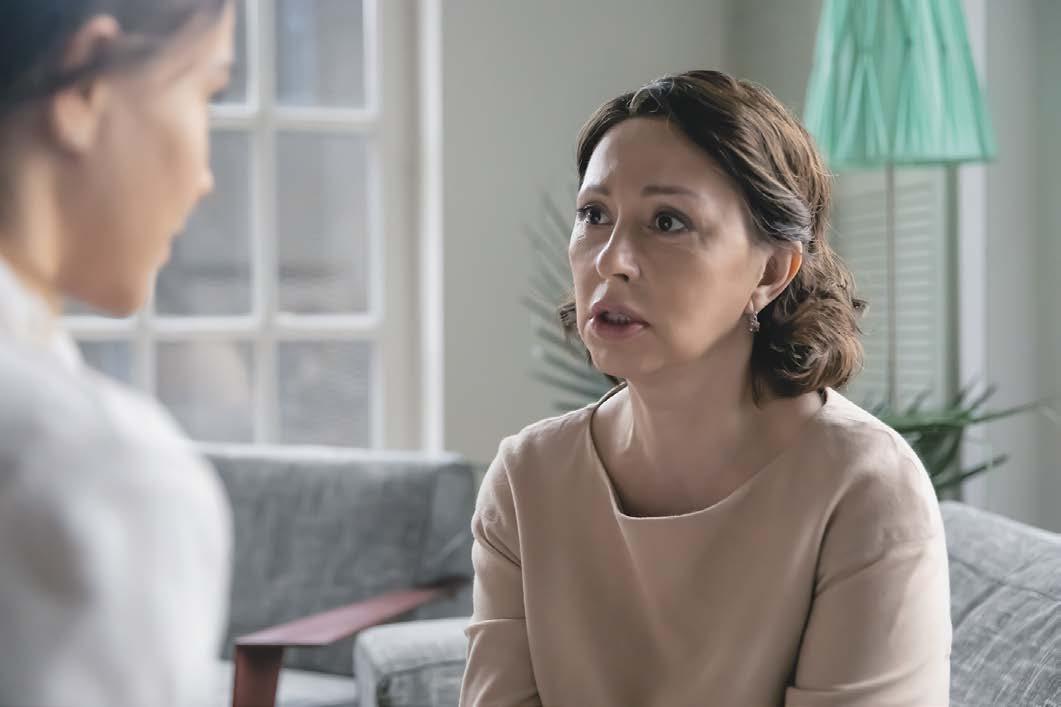
1 minute read
How UMC helps trauma patients recover physically and mentally after life-changing events
psychological effects immediately after the event or later?
It depends. It’s situation-specific and individualized because how someone responds to an event is informed by a lot of variables. You might think about what others in your family have been through, which affects how you navigate your own situation. Other factors include the severity of the physical injuries, stress about insurance or finances, safety concerns, and whether someone else was injured or died in the event.
It's possible to not have any signs of psychological trauma or PTSD in the early days and then things pop up later. Part of trauma response is compartmentalizing and avoidance. People might push their thoughts to the side and carry on, but may be triggered later by something that reminds them of the traumatic event.
What is it like to work for a hospital and healthcare system that places such a high value on psychological care?
Medical Center New Orleans after a trau matic event, it can be the beginning of emotional challenges as they cope with their recovery. Whether the person has been in a vehicle crash, a work accident, a violent incident or another situation, the UMC team ensures they receive holistic care. Dr. Erika Rajo, a trauma psychologist, leads a team of mental health professionals who work alongside clinicians to make sure each patient’s physical and emotional needs are met. Here, Dr. Rajo describes ual who comes for a medical visit. The people that I see are not coming to see a psychologist. They are here for another medical reason. After they arrive, my team reaches out to see if they need mental and emotional services. Sometimes, they want to talk right away. Other times, we leave them the information on our resources, like our outpatient clinic and support groups. We provide several options but also meet the person where they’re at in that moment. We don’t push anything they’re not ready for.
How can someone’s mental health affect their physical recovery after a trauma?
If someone isn’t going to physical therapy because they’re afraid to leave just two examples. We also consult with the patient’s primary treatment teams to help them understand that the person is not refusing care just because they don’t want to. There are usually psychological reasons.
What kind of responses do trauma patients have when you reach out?
People are more receptive than not. I’m always quick to let them know that our visits are routine and part of their overall care. I think the great part about our process is that people who may not otherwise walk into a mental health clinic or recognize signs of psychological trauma get that information right away after something happens.


Do trauma patients experience









